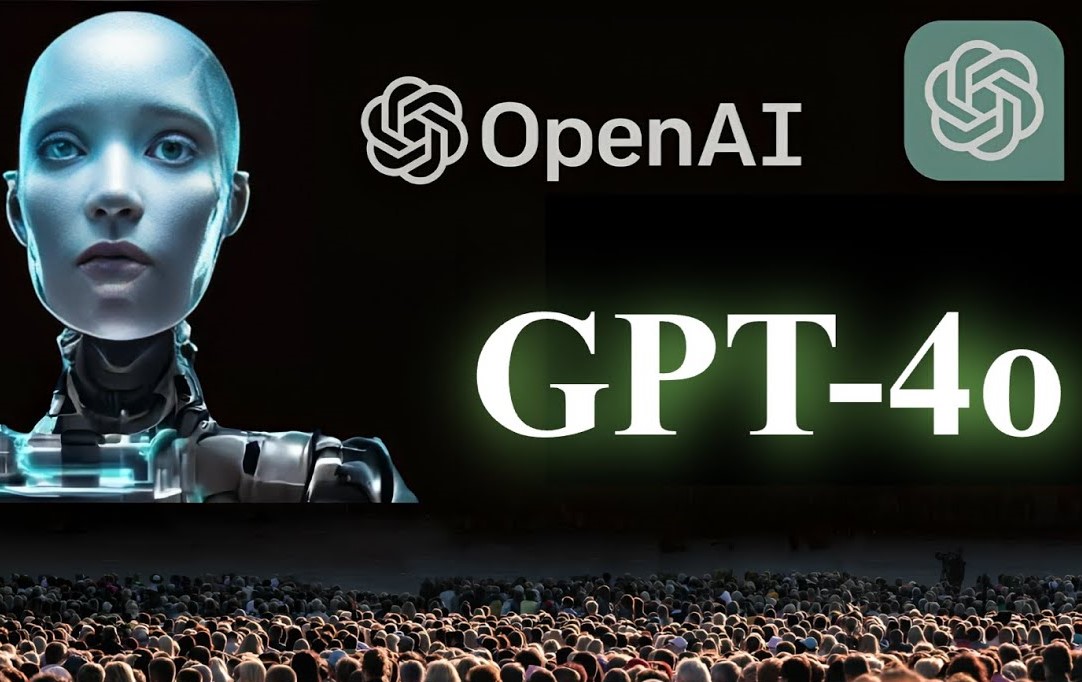OpenAI has introduced the GPT-4o mini, a new super-efficient, low-latency model. The new model is purported to provide comparable efficacy at a reduced cost.
On July 18, OpenAI, an artificial intelligence company headquartered in the United States, introduced a new generative AI model known as “GPT-4o mini.”
The new model is “an order of magnitude more affordable than previous frontier models” and “more than 60% cheaper than GPT-3.5 Turbo,” according to a blog post from OpenAI.
Power in comparison to performance
The GPT-4o mini is the cost-effective version of the present top-of-the-line consumer model for OpenAI’s flagship product, ChatGPT.
According to OpenAI, the tradeoff between efficacy and power is negligible. GPT mini is not lacking despite operating with a significantly reduced energy consumption footprint.
The organization composes:
“GPT-4o mini surpasses GPT-3.5 Turbo and other small models on academic benchmarks across both textual intelligence and multimodal reasoning and supports the same range of languages as GPT-4o.”
GPT Mini
The new model is restricted to text and vision even though it supports a significant portion of the same functionality as its predecessor. According to OpenAI, audio and video support will be implemented shortly.
Whether the mini variant offers any environmental advantages over other models is still being determined. OpenAI has yet to disclose any information regarding the precise methodology employed to decrease operational expenses.
This may suggest that the advantages are reserved for end-user cost savings rather than actual energy savings.

OpenAI in its entirety
The launch has occurred amid a consistent stream of activity from the company and a wealth of actions against it.
OpenAI is purportedly developing an AI model capable of advanced reasoning compared to GPT-4o, as reported by Cointelegraph.
The new model, which has been named “Strawberry,” is rumored to be capable of eliciting responses that are more reminiscent of human behavior. According to reports, Strawberry continues the organization’s enigmatic Q* experiment.
The Securities and Exchange Commission may investigate potential wrongdoing related to OpenAI’s use of non-disclosure agreements after whistleblowers requested that the agency do so. This is the opposite extreme of the news spectrum.



